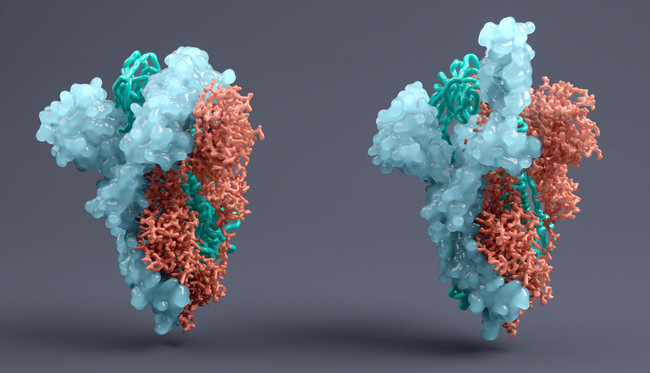First Clinical Trial of a COVID-19 Vaccine Authorised in Germany
The Paul-Ehrlich-Institut, Federal Institute for Vaccines and Biomedicines, has authorised the first clinical trial of a vaccine against COVID-19 in Germany. The authorisation of this trial is the result of a careful assessment of the potential risk/benefit profile of the vaccine candidate. Based on extensive scientific advice to the medicine developer, BioNTech, in the preliminary phase, the Paul-Ehrlich-Institut was able to complete the authorisation procedure within four days. Trials of vaccine candidates in humans are an important milestone on the road to safe and efficacious vaccines against COVID-19 for the population in Germany and internationally.

The provision of authorised safe and efficacious COVID-19 vaccines is a central aim in combating the rampant new SARS Coronavirus-2 (SARS-CoV-2). First clinical trials aim at investigating the general tolerability of vaccine candidates as well as their ability to induce a specific immune response against the pathogen. The Paul-Ehrlich-Institut, which is responsible for the authorisation of clinical trials as well as the evaluation and authorisation of vaccines in Germany, supports the development of COVID-19 with the highest priority. The early and extensive scientific advice performed by the Paul-Ehrlich-Institut ensures that the development of a vaccine is accelerated in a targeted manner while still fulfilling to the necessary scientific requirements. This is because the Paul-Ehrlich-Institut considers it as one of its central duties to provide its regulatory support for the clinical development of COVID-19 vaccines for the prevention and of biomedicines for the treatment of the disease to permit the availability of such medicinal products in a timely manner. In doing so, it assures that the required care is not impaired.
The vaccine candidate of the Biotechnology company BioNTech at Mainz is a so-called RNA vaccine, which contains the genetic information for the construction of the so-called spike protein of CoV-2 or parts thereof in the form of ribonucleic acid (RNA). In the authorised first part of the authorised clinical trial, 200 healthy volunteers aged between 18 and 55 years will be vaccinated in each case with one or more than one variants of the vaccine, each of which is slightly modified. After an observational waiting period, additional volunteers of the same age range will be vaccinated in the second part of the clinical trial. The additional inclusion of persons with an increased infection risk or an increased risk of a serious course of a COVID-19 disease is planned for the second part of the clinical trial, for which additional study data are required to be submitted in advance.
In the authorised part of the clinical trial, different variants of the RNA vaccine candidates are tested. In addition to their tolerability, their ability to create an immune response to SARS-CoV-2 after a specific amount of RNA (dose) is also tested (first dose finding). In this context, different RNA types and different lengths and modifications of the spike protein are tested, as well as the effect of a second vaccination.
This is the fifth authorised clinical trial world-wide in which a preventive specific COVID-19 vaccine candidate is tested in humans. Considering the serious consequences of the COVID-19 pandemic, this is a significant step toward developing an efficacious and safe COVID-19 vaccine available in Germany and making it available world-wide as soon as possible.
Based on the current state of knowledge, the Paul-Ehrlich-Institut assumes that further clinical trials of COVID-19 vaccine candidates will start in Germany in the next few months. To combat the pandemic, additional vaccine products will be necessary to ensure a sufficient supply of the vaccines.
Background RNA Vaccine
During the vaccination with an RNA vaccine, the genetic information for the construction of an innocuous component of the pathogen is administrated using various methods, including injection into the muscle . The RNA is absorbed in a number of body cells of the person vaccinated. These body cells use the genetic information on the RNA for the construction of the pathogen component. The pathogen components thus produced in the vaccinated person are not infectious and do not induce disease either. The human immune system will recognise the foreign pathogen component and will consider the cells which have constructed this component of the pathogen as putatively infected cells. It builds up a protective immune response against the pathogen which, in the case of exposure, prevents the infection or at least the disease or mitigates its seriousness.
top



